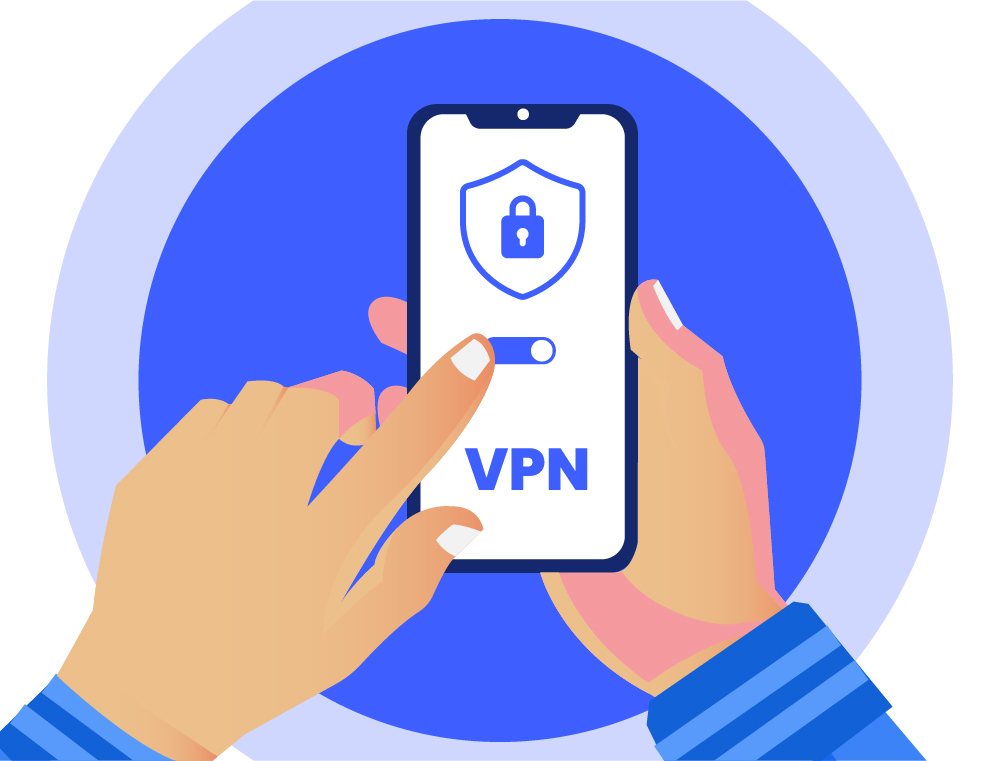How A VPN Works
Using the internet, a VPN, or Virtual Private Network, is a technology that lets you remain private and safe. But how does it function? Let’s dissect it.
Picture the Internet as a Highway
Imagine the internet as a vast road system linking your house (your devices) to sites and online services worldwide. Usually, everyone can see where you began from and where you are heading as you drive on this route. Anyone monitoring, including your internet provider and maybe others, may see your “license plate” (your IP address) and your path.
The Three Main Components of a VPN
1. The Tunnel: Concealing Your Journey
A VPN builds a unique “tunnel” for your internet traffic. Imagine an opaque tube covering one lane of the roadway. Driving through this tube prevents anyone outside from knowing where you are going or what you are carrying. Routing your data from your device to the VPN server, this tunnel renders your travel invisible to outsiders.
2. Locking Up Your Data
Imagine now that your car’s windows are secured and sealed, not only tinted. Though they could look into the tunnel, they would not see what is inside your automobile. This is how data protection works. It distorts your data so only the VPN server and your device can read it. Anyone else attempting to view your data would only find gibberish.
3. The Server: Altering Your Identity
You no longer seem to be coming from your home when you leave the tunnel. Rather, you seem to have begun your trip from the VPN server’s site. Your automobile seems as though it was repainted and given fresh license plates at the tunnel’s exit. Websites and services now show the VPN server’s address, not yours, therefore hiding your actual location and identity.
Using a VPN causes what?
Here is a step-by-step examination of what occurs when you link to a VPN:
You launch your VPN application and link to a server, say, one in another nation.
Your device and the VPN server are connected by the VPN program, forming a safe, encrypted tunnel.
All your online activity, streaming, emails, site browsing, and travels through this tunnel.
Your data is encrypted, hence no one can see what you are doing: your internet provider, hackers, or anybody else.
Your data is decrypted at the VPN server and delivered to the internet as if it were coming from the server, not from you.
The websites and services you access see the VPN server’s location and IP address, not your actual one.
What Does a VPN Conceal?
Your IP number: Your actual web “address” is concealed.
Websites view the VPN server’s location, not yours.
What you browse, view, or download remains private.
The sensitive data you transmit is encrypted and safeguarded.
Things a VPN Cannot Do
Although a VPN is excellent for privacy and security, it is not a magic shield. It cannot keep you from viruses or malware by itself, and it does not make you totally anonymous. Some sites could still be able to identify and stop VPN traffic as well.
A VPN hides your actual location and data from prying eyes by building a hidden, encrypted tunnel for your internet traffic. Your travel and identity are concealed from everyone else on the road, much as driving via a secret tunnel in a sealed automobile with new plates.

Leave a Reply